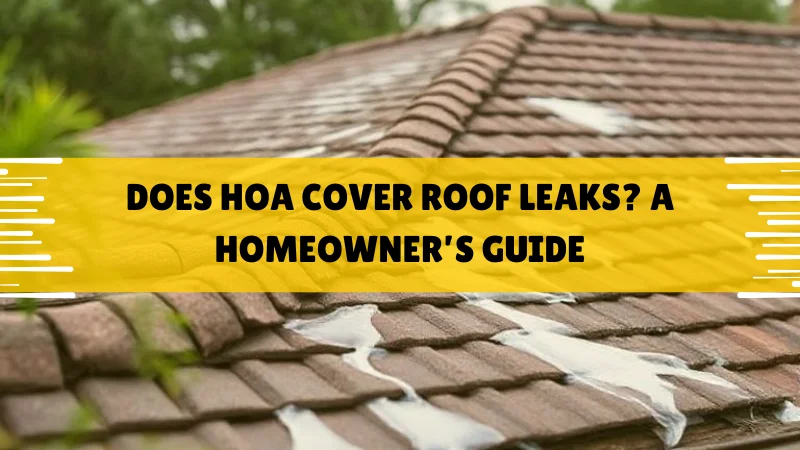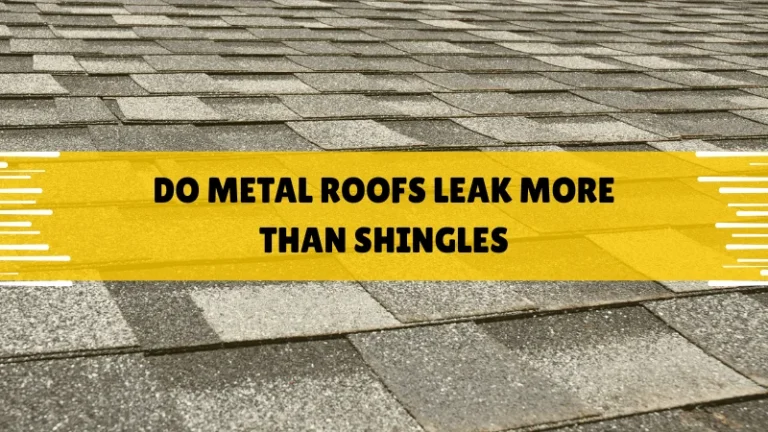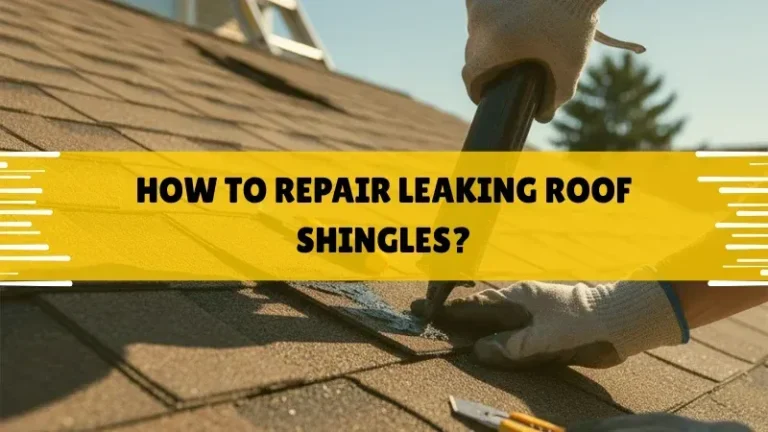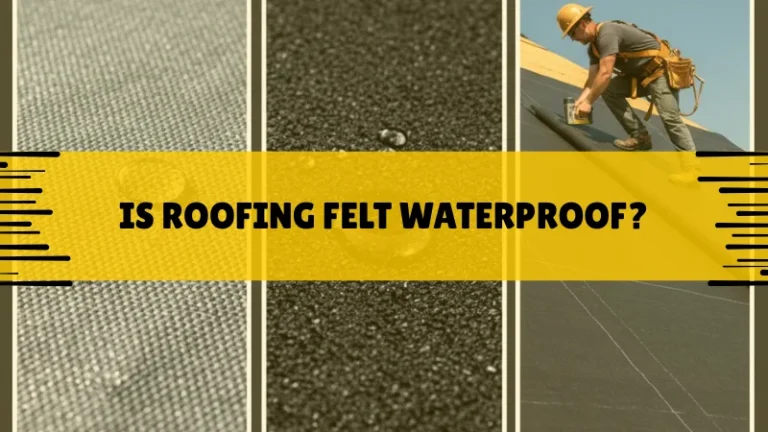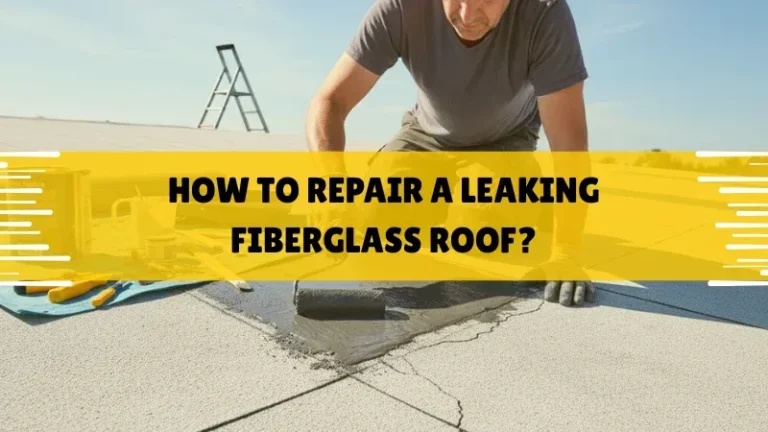Does HOA Cover Roof Leaks | Everything You Need To Know
Many homeowners ask Does HOA cover roof leaks. The answer depends on your property type and HOA rules. This guide explains the basics to help you figure it out.
First, know that HOAs manage common areas in communities. However, they don’t always handle individual home repairs. So, let’s look at what they typically do.
Understanding HOA Responsibilities
HOAs take charge of shared spaces like pools and roads. But when it comes to roofs, it varies by community setup. For instance, in some places, they fix exterior parts.
Additionally, HOAs collect fees for maintenance. These fees fund roof leak repairs in NJ for common elements. Therefore, you need to check if the roof counts as common.
On top of that, HOAs enforce rules to keep properties nice. But they might not cover every leak inside your home. Because of this, understanding your specific HOA helps a lot.
Who’s Responsible for Roof Leaks?
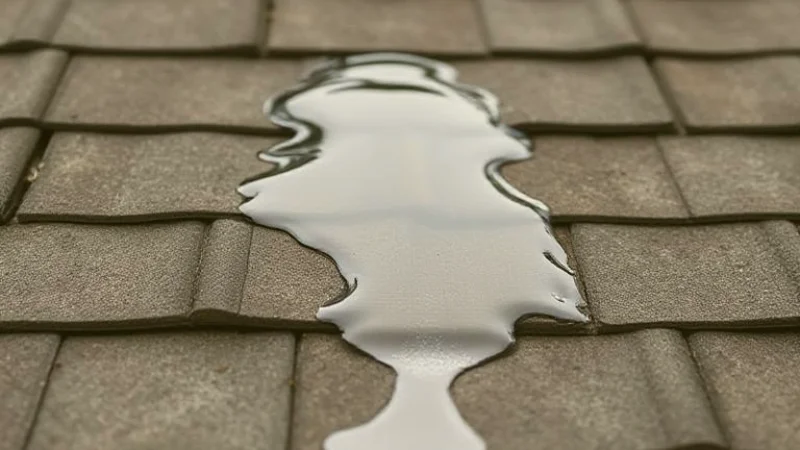
Responsibility for roof leaks changes with the home type. In general, HOAs handle shared structures, but homeowners fix personal property. For example, a leak from a shared roof might fall on the HOA.
But if the leak comes from your own unit, you pay. So, always review your HOA documents first. That way, you avoid surprises.
Condominiums
In condominiums, HOAs often cover the roof because it’s shared. You own the interior, but the exterior belongs to the community. Therefore, leaks from the roof structure get fixed by HOA funds.
However, if the leak damages your unit inside, your insurance might kick in. HOAs usually insure the building shell. So, contact them quickly for repairs.
Townhomes
For townhomes, HOAs frequently cover roofs since they connect multiple units. The HOA maintains the exterior to keep everything uniform. But interior damage is your responsibility.
Additionally, some townhome HOAs only handle major repairs. Minor leaks might be on you. Because of this, read your agreement carefully.
Single-Family Homes
In single-family homes, homeowners usually handle roof leaks themselves. The HOA focuses on community areas, not individual houses. So, you maintain your own roof.
But if the leak affects common property, the HOA might get involved. For example, water running off to shared land. However, this happens rarely.
What Governing Documents and Laws Say
Governing documents outline who fixes what in your community. They include rules about maintenance and insurance. Therefore, start there to see about roof coverage.
State laws also play a role in HOA operations. Local rules might require certain repairs. So, combine these with your documents for clarity.
CC&Rs and Bylaws
CC&Rs stand for covenants, conditions, and restrictions. They detail HOA duties for common areas like roofs. Bylaws explain how the HOA runs day-to-day.
For roof leaks, CC&Rs often say whether the HOA covers them. But bylaws might describe the process for requests. Because of this, review both.
Additionally, these documents can change with votes. So, stay updated on meetings. That keeps you informed.
State and Local Laws
State laws regulate HOAs and require fair treatment. For example, some states mandate quick repairs for safety. However, laws vary by location.
Local laws might add rules on building codes. So, check your area’s regulations. This ensures everyone follows the right standards.
HOA Master Insurance Policies
HOA master policies cover common property damage. They include roofs in shared buildings. But they don’t cover your personal items.
For leaks, the policy might pay for structural fixes. However, deductibles apply. So, understand the coverage limits.
What to Do When a Roof Leak Appears
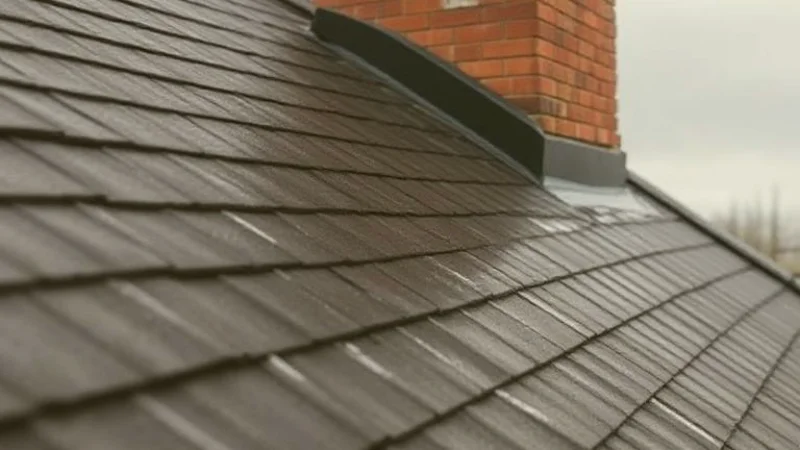
When you spot a leak, act fast to limit damage. Water can ruin walls and floors quickly. So, contain it with buckets first. Then, notify the right people. But don’t assume coverage right away. Instead, gather facts.
- Report the Issue to the HOA promptly: Contact your HOA board or manager right away. Provide details like where the leak is and when it started. This starts the official process. Additionally, follow up in writing. An email or letter creates a record. Because of this, you have proof if needed later.
- Request an Inspection and Clarify Coverage: Ask the HOA for an inspection. A professional can assess the cause. Then, discuss if it’s covered under their rules. But if it’s not, find out why. So, you know your next steps. This clears up confusion.
- Check Your Own Insurance Policy: Review your homeowner’s insurance for leak coverage. It might handle interior damage. However, exclusions exist for neglect. Contact your agent for advice. They explain what applies. Therefore, you get a full picture.
- Document Damage and Communication: Take photos of the leak and damage. Note dates and times. Also, save all emails or letters from the HOA. This record helps if disputes arise. So, organize it well. It supports your case.
When the HOA Refuses or Delays Repairs
If the HOA says no, ask for their reasoning in writing. Compare it to your documents. Then, decide if you agree. But delays can worsen damage. So, push for action politely. Keep communicating.
- Steps to Resolve the Dispute: First, talk to the board again. Explain your view calmly. Sometimes, this solves it. Next, involve other homeowners if it’s a common issue. Group concerns carry more weight. However, stay respectful. Finally, document every step. This builds your evidence.
- Mediation or Legal Advice: Try mediation before court. It’s cheaper and faster. A neutral person helps both sides agree. If needed, consult a lawyer specializing in HOA matters. They review your options. But use this as a last resort.
- Handling Repairs Yourself if Needed: If urgent, fix the leak yourself. But get HOA approval if required. This prevents rule violations. Then, seek reimbursement later. Submit bills and proof. However, success isn’t guaranteed.
- Preventing Future Roof Disputes: Regular inspections spot problems early. Hire a roofer yearly. This keeps small issues from growing. But if your roof still looks fine, you might wonder whether a full replacement is worth it. Our post on Should I replace my roof if it’s not leaking helps you decide when it’s truly time for a new one.
Moreover, maintain good insurance. Update policies as needed. Therefore, you’re prepared.
Final Thoughts on Does HOA Cover Roof Leaks
Roof leaks can stress you out, but knowing HOA roles helps. Always check documents and communicate. That way, you handle issues smoothly. If unsure, seek professional advice. It saves time and money. Remember, each community differs.


